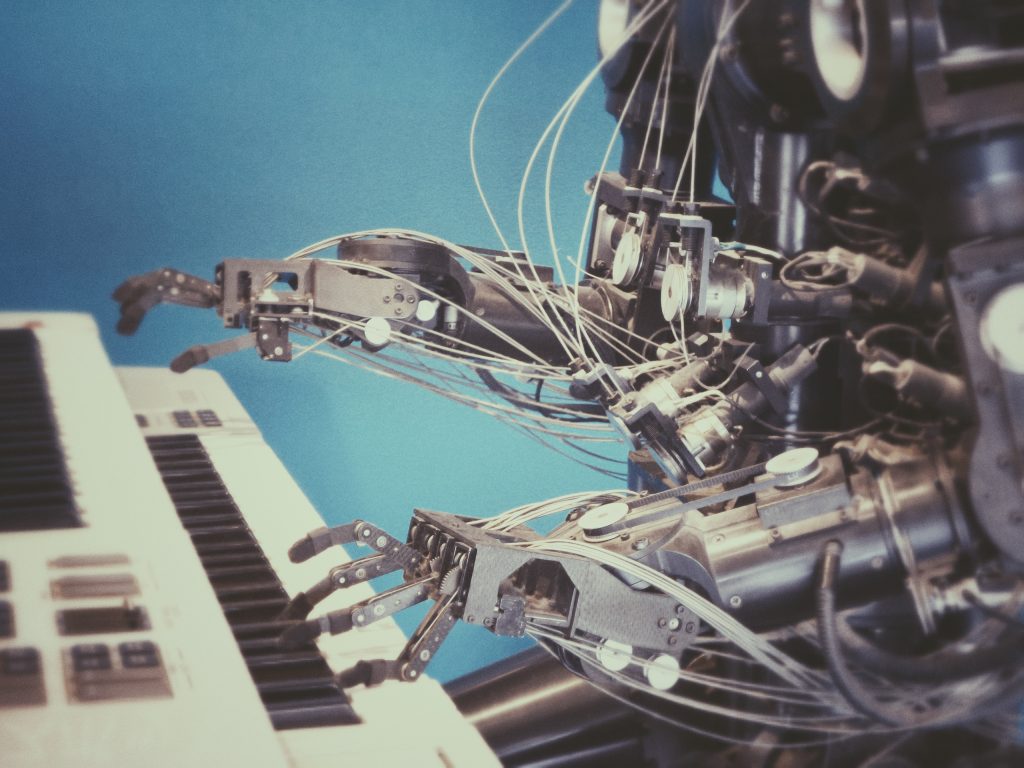Artificial Intelligence (AI) is revolutionizing our lives at every level. Yet despite its incredible power and potential, AI remains largely misunderstood by the public. Will AI take over cyber security?
How will AI help cyber security? And, more importantly, how can you leverage AI to improve your cyber security posture?
Yes! Artificial Intelligence (AI) will take over cyber security. Or at least the investigation and prevention of cyber attacks.
The ability of AI to improve cyber security is not a matter of if – but when.
AI features
AI is already able to scan for malicious software, find flaws in software code, and even predict future attacks. For example, IBM just announced it is using AI to help it spot new threats before they occur based on what it has learned from attacks that have already occurred.
AI is also useful for many organizations to investigate and clean up after cyber-attacks have occurred. This includes identifying the source of an attack, which is often not easy once they launched the attack.
Why take over? But, why can’t AI simply assist cyber security professionals? Why can’t it be used as an addition to human intelligence? The answer is simple: speed.
The treat
Cybercriminals are getting smarter, and faster than our cybersecurity professionals are getting smarter and faster to stop them. To catch up and stay ahead of emerging threats, organizations must use any advantage available – including artificial intelligence.
Because, unlike humans, artificial intelligence can process huge amounts of data in seconds or minutes – whereas humans might take hours or days to do so. Artificial intelligence can also respond immediately to new threats – unlike humans who may need time to react and come up with a solution (which could be too late).
Finally, artificial intelligence has no emotions or biases that might affect its decision-making – whereas humans are often influenced by emotion or other factors that might cause them to make poor decisions or get in the way of their decision-making process.
What critics say…
Some critics argue that AI may not be “smart” enough yet; despite its incredible capabilities today, it still lacks critical thinking skills – the ability to act independently based on information received and past experiences – which is critical for dealing with a human adversary who will try every trick in their arsenal to thwart detection and avoid punishment for their crimes.
But this isn’t really true; while not yet perfect, AI has already shown it can think critically when necessary – just look at how Amazon’s Alexa was able to defuse a domestic violence incident simply by encouraging the victim to contact law enforcement for help.
AI is still getting better, and it will get better still. And this is what’s so exciting about AI; it isn’t just an improvement over the status quo, but a way to make things better than they have ever been – including our cyber security posture. But don’t take my word for it – let’s look at how organizations are already using AI to improve cyber security.
How do organizations use AI to improve cyber security?
The following are just a few examples of organizations that are already using AI to improve their cyber security posture:
IBM:
IBM uses a cognitive cybersecurity platform called the IBM X-Force Exchange to detect new types of malware before they are released into the wild.
This allows IBM to quickly respond and mitigate the threat; before its X-Force Exchange platform, IBM was only able to detect new threats once they were in use. You can read more about this in an article I wrote on how cybersecurity is changing faster than ever before.
Carbon Black:
Carbon Black offers a platform that helps companies track their software development process and spot potential weaknesses in the code that could lead to cyber-attacks.
The company’s “Intelligence Graph” uses artificial intelligence that automatically learns what types of attacks certain companies are vulnerable to based on past data and then alerts them when it finds new threats or anomalies they might be susceptible to.
FireEye:
FireEye offers artificial intelligence-based solutions for both cyber security professionals and business executives alike. For example, its FireEye Network Security (FNS) product includes artificial intelligence that helps organizations spot and investigate cyber attacks.
Cylance:
Cylance uses artificial intelligence to help improve cyber security. For example, it uses AI to help identify if a file is malicious or not – and if it is, then it contains an engine (called “behavioral analysis”) that can spot the file trying to do something malicious.
This allows Cylance to not only protect against known threats but also zero-day threats (threats that have never been seen before and therefore aren’t protected against).
